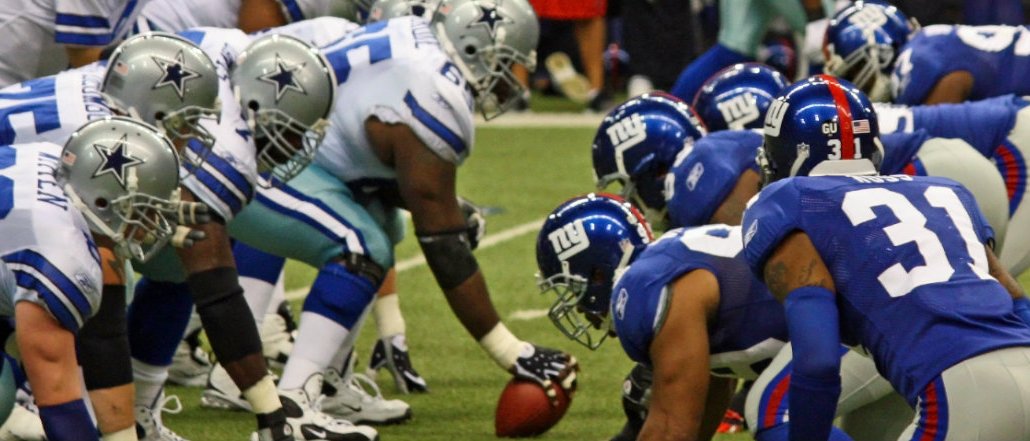Secure your place at the Digiday Media Buying Summit in Nashville, March 2-4

With broadcast rights for NFL games and March Madness, CBS Sports is no stranger to live video. But as the fall sports season kicks off, the company plans to do more live programming online to supplement its game broadcasts.
On Tuesday, Sept. 6, CBS Sports will debut “Reiter Than You,” a half-hour news and commentary show anchored by CBS Sports national columnist Bill Reiter. Airing at 10:30 p.m. ET on Tuesday, Wednesday and Friday nights, the show will be available on CBSSports.com and the company’s mobile and TV apps.
CBS Sports has done live video for the web before, but “Reiter Than You” is its first that will be live and in prime time. It’s also expanding other live video efforts. “Fantasy Football Today,” which is entering its ninth season as a live online show for CBS Sports Digital, will now air every day of the week. New live sports series for the fall include “Thursday Night Live,” which will prep fans for that week’s Thursday night NFL game (some of which CBS will broadcast on TV), and a weekly college recruitment news show from CBS Sports’ MaxPreps and 247Sports properties.
CBS Sports is also building a second studio and control room at its digital headquarters in Fort Lauderdale for these and other live online series the company has planned for the coming year. Eventually, CBS Sports wants to grow its output to three or four hours of live programming online per day, said Jeff Gerttula, svp and gm of CBS Sports Digital.
“It’s a huge priority for us and a real investment,” he said. “Live has an important place for us in 2016 and 2017. And with our live video heritage and expertise, combined with the development of our digital distribution channels, the time is right to get this.”
As much as live programming is an area of focus for CBS Sports, it’s also producing this content with an eye toward how it can fuel on-demand viewing. The company has two teams working on its live shows: one dedicated solely to producing the broadcasts and another focused on cutting up individual segments and distributing them across CBS Sports-owned platforms.
“This allows us to also be more bite-sized, mobile and real time,” he said. “These shows give us an opportunity to play in that space and move toward [consumption] behaviors that we’re already seeing.”
CBS Sports has seen video consumption on its platforms grow by 60 percent year-over-year, according to Gerttula. CBSSports.com reached 40.4 million unique visitors and 4.9 million desktop viewers in the U.S. in July, per comScore.
One area that CBS Sports doesn’t seem too interested in is live video on social. While Facebook Live has been embraced by numerous media outlets — from news organizations to pro football and baseball teams — CBS Sports is happy with distributing its live programming primarily on its own platforms.
This is because, outside of a few tests Facebook has done in running ads within live video content on its platform, Facebook Live doesn’t have a proven advertising model in place for publishers. CBS Sports’ web, mobile and TV platforms, meanwhile, have pre-roll and mid-roll inventory to fill.
“We have to make the economics work,” said Gerttula. “That’s why I’m not saying, ‘Oh, I’m going to go all-in on the social distribution side.’ We will use social and experiment where it makes sense for us as a business.”
More in Media

Digiday+ Research: Dow Jones, Business Insider and other publishers on AI-driven search
This report explores how publishers are navigating search as AI reshapes how people access information and how publishers monetize content.

In Graphic Detail: AI licensing deals, protection measures aren’t slowing web scraping
AI bots are increasingly mining publisher content, with new data showing publishers are losing the traffic battle even as demand grows.

In Graphic Detail: The scale of the challenge facing publishers, politicians eager to damage Google’s adland dominance
Last year was a blowout ad revenue year for Google, despite challenges from several quarters.





